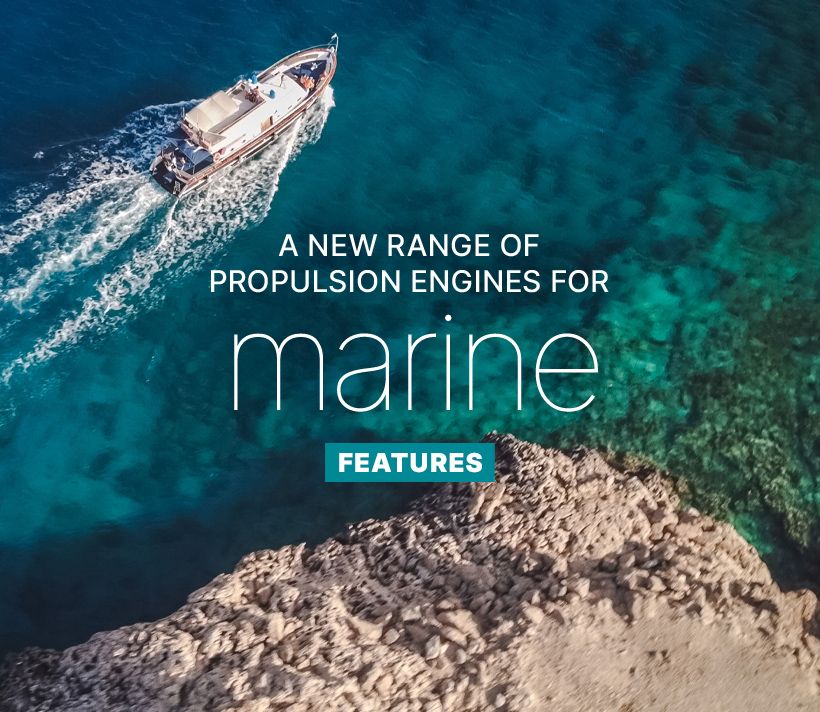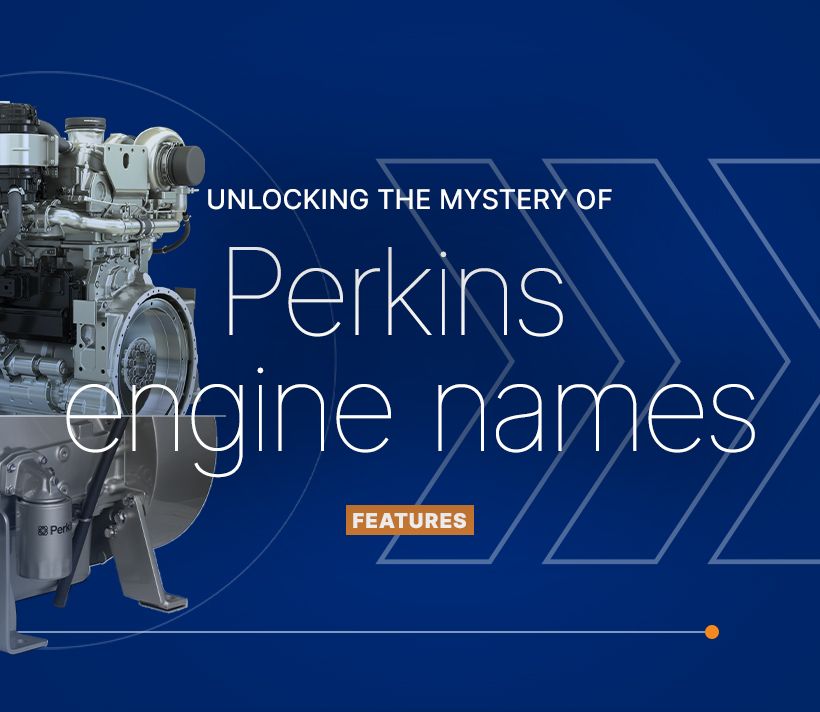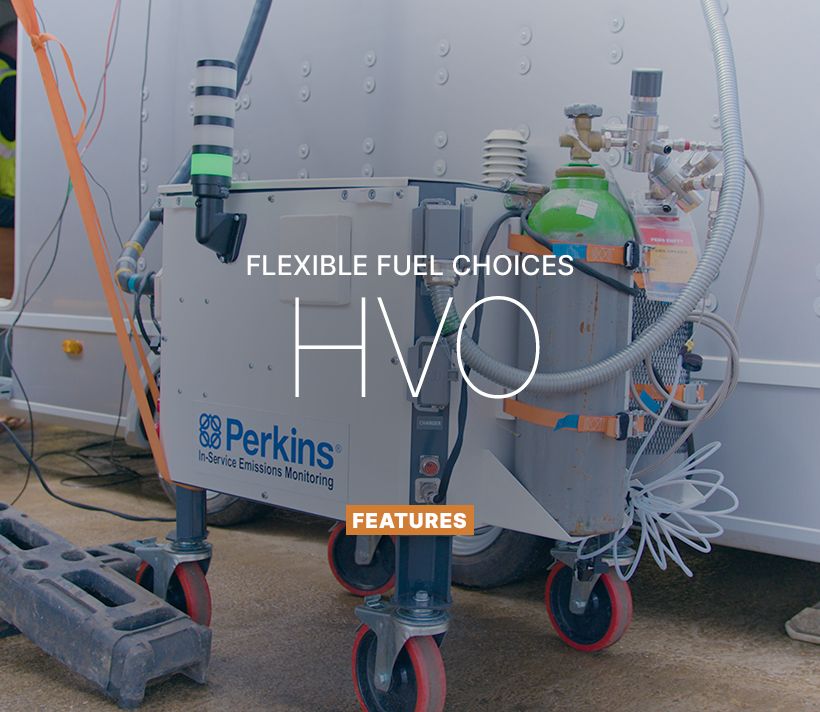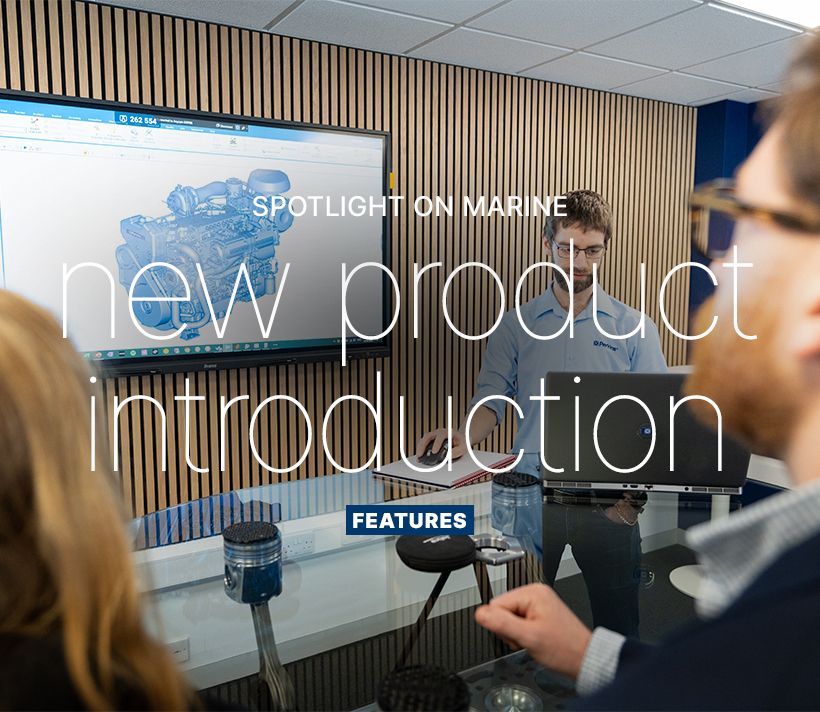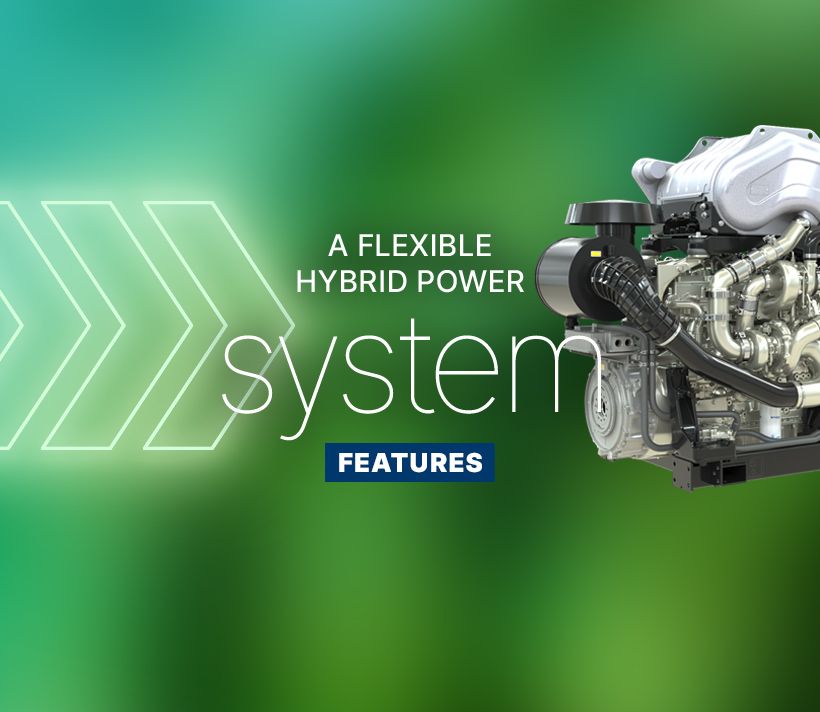More often than not, those root causes can be traced directly back to ‘money-saving’ service and maintenance decisions. In essence by saving a small amount today, those decisions greatly increase the likelihood of a costly unexpected repair in the future.
Using an aftermarket ‘will-fit’ fuel filter instead of an OEM filter is one good example of how this works.
A fuel filter is supposed to remove contaminant particles from the fuel so they can’t damage precision fuel system components like fuel injectors. Those particles may be microscopic, but if the filter doesn’t trap them they can easily score the injector’s sealing surfaces and create paths for fuel leakage.
While a microscopic scratch may sound trivial, in a modern diesel engine with a high-pressure single rail fuel system and electronically controlled injectors it most certainly is not. That fuel leakage can impact emissions, fuel consumption, engine performance and, ultimately, reliability.
In short, it’s an expensive unexpected repair just waiting to happen, all because a ‘will-fit’ fuel filter didn’t do its job. Saving a little on the filter meant the owner had to spend a lot replacing the injector -- and it did not have to happen.
Oil filters that don’t do their job can be even more destructive because contaminants that aren’t removed can damage all of the moving parts in the engine. The injectors are safe, but the piston rings, rods, cam and crank bearings and, most of all, turbochargers aren’t. They’re all at risk of early failure and all extremely expensive to repair or replace.
A 'will-fit' filter may trap those particles initially, but often doesn’t have enough capacity to keep removing them very long. As the media loads up it becomes harder and harder to force oil through it until it either collapses or the backpressure opens the bypass valve.
In either case, contaminated oil is then free to circulate through the engine and damage expensive internal parts. The engine owner eventually faces another unexpected repair that didn’t have to happen, only this time it’s likely to be a lot more expensive than replacing a fuel injector.
Modern diesel engines offer levels of power density, fuel efficiency and performance that simply weren’t available just a few years ago. Those advances are achieved by combining tighter part tolerances with higher operating temperatures and pressures all under sophisticated electronic monitoring and control.
But, those advances also make today’s engines more sensitive to microscopic contaminants in the fuel and lubricating oil. Advanced engines need advanced protection and who knows more about how to do it than the people who designed and built the engine. That’s why genuine original equipment manufacturer’s parts and filters are the best choice for every engine.
A ‘money-saving’ decision today can lead directly to a costly ‘unexpected’ repair that didn’t have to happen in the future. Why take the chance?
Perkins’ collaboration with Trackunit, delivering real-time insights to customers, increasing productivity in the field.
Read moreFor industrial equipment rental, excellent technical support and parts availability is a necessity.
Read moreTo mark Agritechnica's 'Celebrate Farming Day', Powernews spoke to Andy Curtis, Customer Solutions Director at Perkins.
Read moreClever configuration options fulfil the current and future requirements of the industry.
Read moreWho keeps the lights on when the grid can’t? The power generation sector, of course. In the UK, its interests are represented by The Association of Manufacturers and suppliers of Power generating Systems (AMPS) – whose new director general, Alan Beech, came into post earlier this year.
Learn MoreHave you ever looked at the name of a Perkins engine and wondered what all those numbers and letters actually mean? If so, you’re certainly not alone. But rest assured the nomenclature is anything but random.
Read moreOne alternative fuel option we’ve researched heavily and have accommodated in our diesel engines for more than a decade is hydrotreated vegetable oil (HVO) – which must meet the EN 5940 standard – with the Perkins® 400 to 5000 Series able to use up to 100% HVO.
Read moreIn part two of our spotlight on marine we talk with Ben Lewis commercial manager, Dave Wood, application and tech support team lead and Stuart Phillipson, marine application and tech support to find out more about what’s in development for the marine range.
Read moreWhy stick to one fuel, when you can have a configurable power system?
Read moreMore than just a curiosity, they offer us different routes to future food security.
Read more


